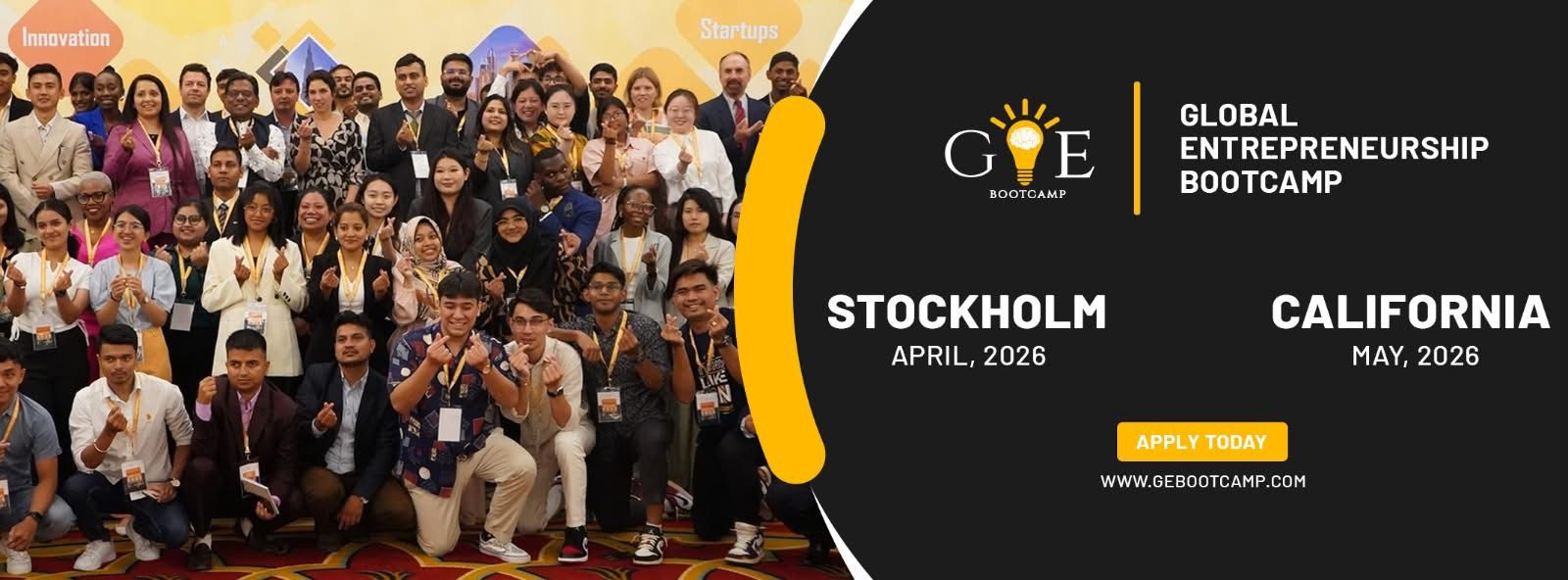
Details
Applications call for Georg Forster Research Fellowship 2020. This opportunity is for a researcher from abroad with above average qualifications, at the beginning of your academic career and only completed your doctorate in the last four years. Basically, the Humboldt Research Fellowship for postdoctoral researchers allows you to carry out long-term research (6-24 months) in Germany. Applicants choose their own topic of research and their academic host.
Benefits
- A monthly fellowship of €2,650 for postdoctoral researchers (doctorate completed within the last four years) or €3,150 for experienced researchers (doctorate completed within the last 12 years).
- A flexible starting date and – for experienced researchers – the option of splitting the fellowship up into a maximum of three stays,
- Individual mentoring during the sponsorship period.
- Intensive German language course for fellows and their marital partners prior to the fellowship.
- Additional financial support for accompanying family members and items like travel expenses.
- Comprehensive alumni sponsorship once the research stay has come to an end, such as a Return Fellowship or further stays in Germany.
Eligibilities
The Georg Forster Research Fellowship is for candidates who
- Are a researcher with above averages qualifications in a developing or transition country (see list of countries).
- Intend to carry out long-term research of your own choice (6 to 24 months) at a research institution in Germany together with an academic host they have chosen yourself,
- Is also willing to do research whose outline includes aspects that are important for the continued development of their country or region of origin.
- Want to contribute to the exchange of knowledge and methods between Germany and the country of their origin.
Selection Criteria
- Academic record and academic performance to date (mobility, determination, breadth of research activities, academic productivity).
- Quality of key publications specified in the application (originality, degree of innovation, applicant’s contribution in cases of multiple authorship).
- Also, originality and innovation potential of the suggested research outline (significance for the advancement of the discipline, convincing choice of academic methods, prospects for the academic development of the applicant, clear focus, and feasibility of realization within the requested funding period and at the chosen host institution).
- Also, the applicant’s future potential (academic potential, further academic development, career prospects).
Useful links
- Program information for postdocs (PDF)
- Program information for experienced researchers (PDF)
- Timeline of the selection procedure
- FAQ
- Members of the selection committee
Specifications
| Type of Opportunity | Scholarships and Fellowships |
|---|---|
| Deadline | Ongoing |
| Open to | Applicants from developing and emerging nations |
| Organizer | Alexander von Humboldt Stiftung Foundation |
